Civilised Italy
Country-loving Britons have sought refuge in the northern Italian hills for years—and still they come. Why? Look to the euro, and to the landscape, and to the wonder-cities nearby.
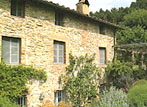

The Italians are essentially an urban people, for whom ?civilisation? means, literally, a cultured, city lifestyle. The Romans themselves were great builders, warriors and law-makers, but they did little for agriculture, and for 2,000 years life in the Italian countryside was generally one of hard, back-breaking toil for all except a minority of rich and powerful landowners. Small wonder, then, that the post-war flight from the land left vast swathes of the Italian landscape dotted with the ruins of abandoned farms and villages. Enter growing numbers of country-loving Britons, and others, who have been buying up converted?or convertible?former farm and estate houses or buildings in Tuscany and Umbria, either as holiday homes or as bases from which to enjoy Florence, Siena, Arezzo and Pisa. Not that Italy will ever become a mass-market ?sunshine home? destination. Thank heavens, some might say. As James Price of Knight Frank points out: ?Unlike other Mediterranean countries, Italy?s resorts are its cities. People who buy there are looking for something more than sun, sea and sand; and climate is not the be-all-and-end-all. Also, Draconian controls on building and restoration in the northern Italian countryside mean that house prices are likely to remain relatively high, even for British buyers on the right side of the euro-sterling exchange rate. It means, too, of course, that, unlike some increasingly over-developed areas of southern Europe, property in the most favoured tourist areas of Italy is odds-on to hold its value in the long term. Italy, it must be remembered, is a long-term love affair for most foreigners.? By way of introduction to the land of opera, Knight Frank (020?7629 8171) and Tuscan agents Ser.Imm (00 39 058 3467450) propose the agreeably priced (at ?850,000) Vallicorte East, a 300sq m, semi-detached ancient hillside farmhouse near Lucca, the birthplace of Puccini. Imaginatively res-tored by an English architect in 1990, the typically three-storeyed house stands in six hectares of gardens, meadows and mature olive groves, and has four bedroom suites, a large sitting room, a dining terrace, a separate dining room, a study, a kitchen and a laundry room. Knight Frank and its associate Chianti Estates (00 39 057 7731120) seek offers in excess of ?1.2 million for Casale San Gio-vanni, one of four houses in a converted farmstead on the Villa Arceno wine estate, in the Chianti hills near the market town of Castelnuovo Berardenga. Built round a cob-bled courtyard, the house has an entrance hall, three reception rooms, a master suite, two further bedrooms, a bathroom, a study and 6,000sq m of gardens and olive groves. Knight Frank?s associate in southern Tuscany is long-time Tuscan resident Diana Levins-Moore (00 39 057 8268016). Here, planning restrictions make it virtually impossible to build anything new. Even at a guide price of ?2.5m, the vast living space of the 16th-century Villa Mancini and its secondary house at Foiana della Chiana between Florence and Rome offers huge potential for improvement, she reckons. Across the border in verdant Umbria, where prices are lower and tranquillity is guaranteed, she says, ?1.495m will buy Racchiusole at Umbertide, a beautifully restored four-bedroom farmhouse on a 150-hectare estate, 35km from Perugia. Meanwhile, London agent Aylesford (020?7351 2383) is testing the Tuscan market with the sale of a meticulously restored 15th-century Tuscan farmhouse at a guide price of ?2.12m. The house stands amid landscaped gardens in the grounds of an ancient castle, with panoramic views of the hills. The spacious living accommodation, beautifully restored, includes five large bedrooms, five bathrooms, three reception rooms, a kitchen and a laundry room. There is also a restored barn with planning permission as a three-bedroom guest house.
Sign up for the Country Life Newsletter
Exquisite houses, the beauty of Nature, and how to get the most from your life, straight to your inbox.
Country Life is unlike any other magazine: the only glossy weekly on the newsstand and the only magazine that has been guest-edited by HRH The King not once, but twice. It is a celebration of modern rural life and all its diverse joys and pleasures — that was first published in Queen Victoria's Diamond Jubilee year. Our eclectic mixture of witty and informative content — from the most up-to-date property news and commentary and a coveted glimpse inside some of the UK's best houses and gardens, to gardening, the arts and interior design, written by experts in their field — still cannot be found in print or online, anywhere else.
-
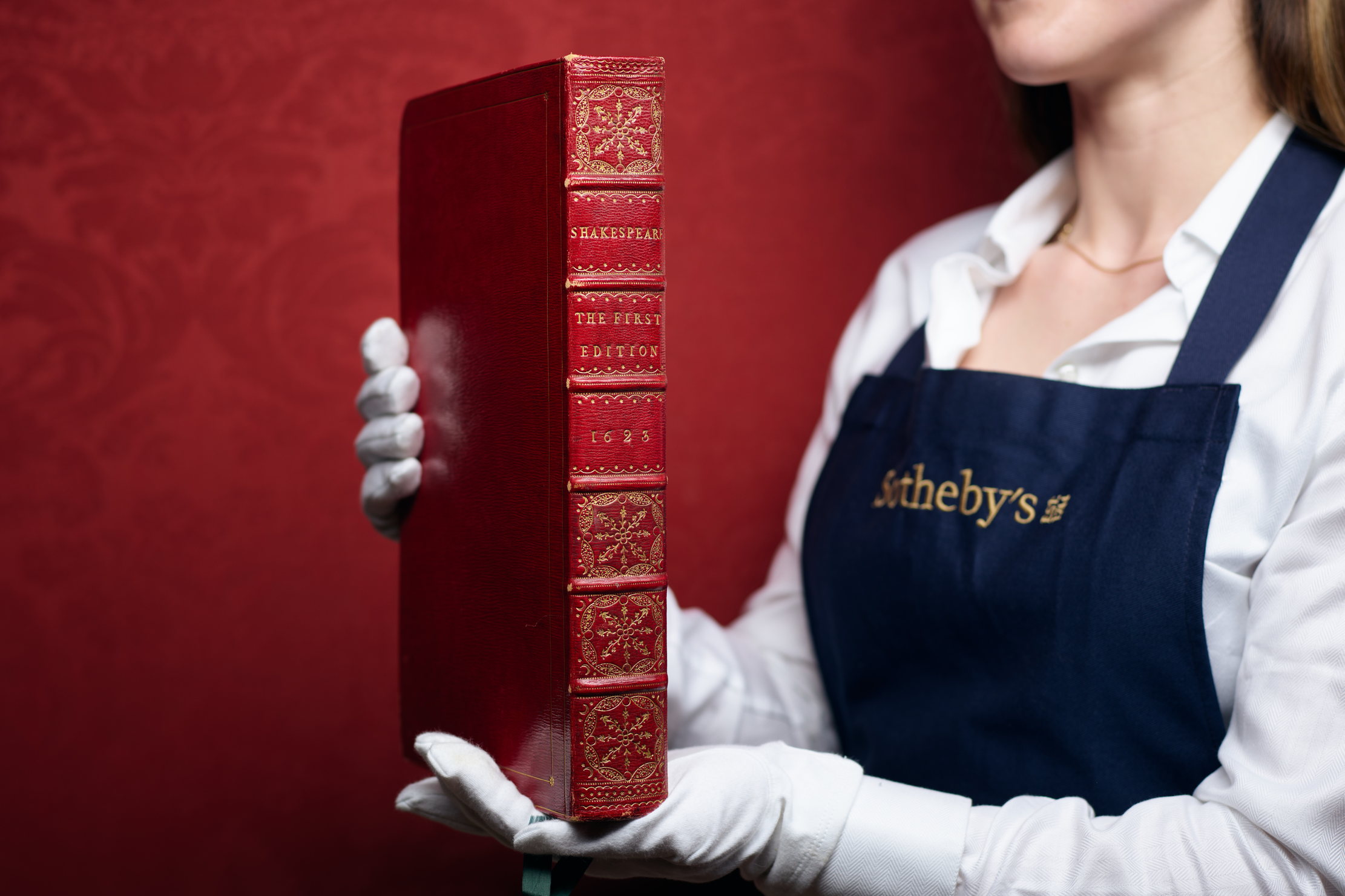 Folio, Folio, wherefore art thou Folio? Shakespeare set to be auctioned by Sotheby's
Folio, Folio, wherefore art thou Folio? Shakespeare set to be auctioned by Sotheby'sFour Folios will be auctioned in London on May 23, with an estimate of £3.5–£4.5 million for 'the most significant publication in the history of English literature'.
By Lotte Brundle Published
-
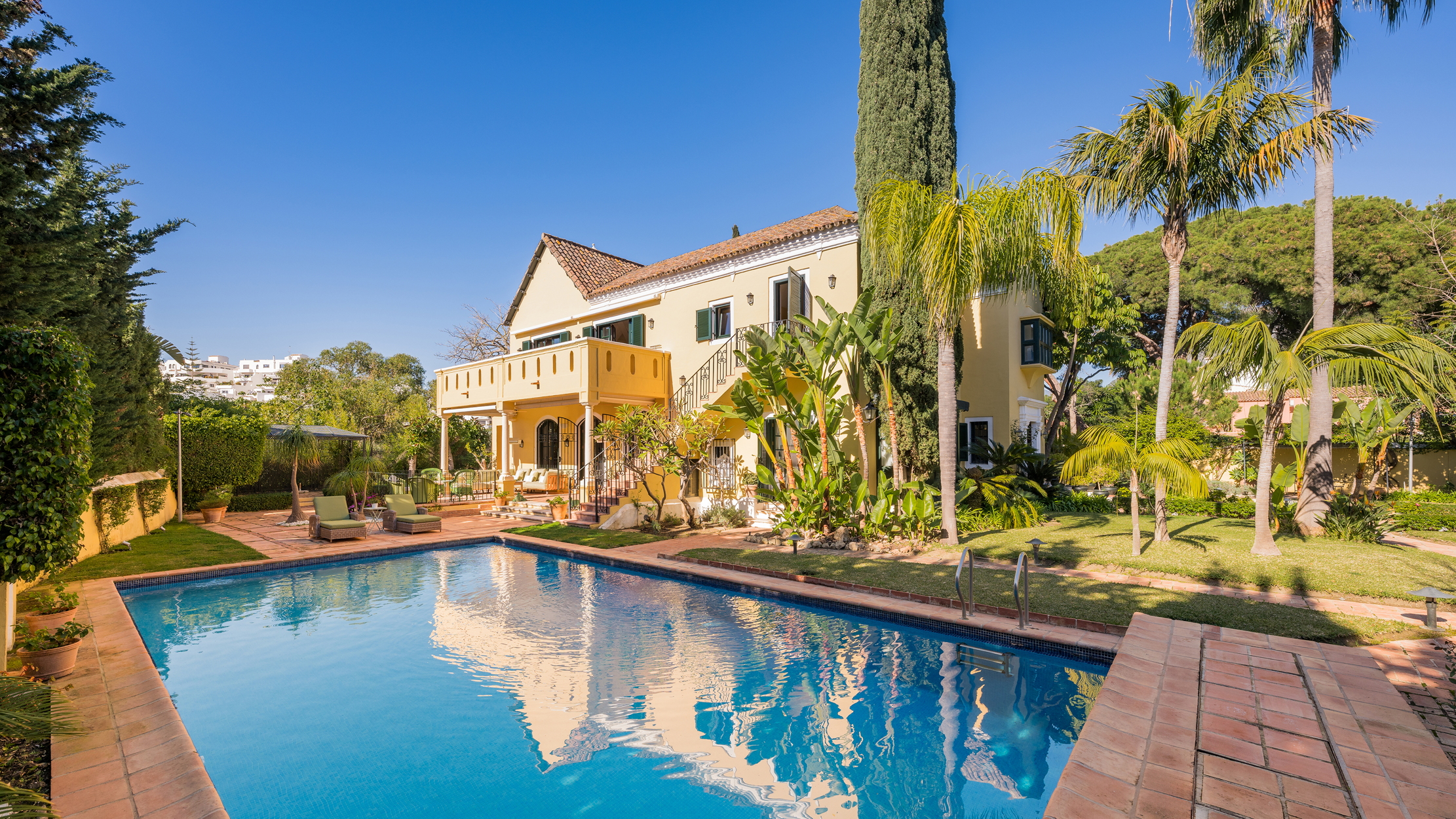 Damon Hill's former home in Marbella is the perfect place to slow down
Damon Hill's former home in Marbella is the perfect place to slow downThe glorious Andalusian-style villa is found within the Lomas de Marbella Club and just a short walk from the beach.
By James Fisher Published
-
 What to expect when you're expecting (to move to the countryside)
What to expect when you're expecting (to move to the countryside)On March 28, agents Michael Graham will be showcasing some of their best countryside properties at their west London office.
By James Fisher Published
-
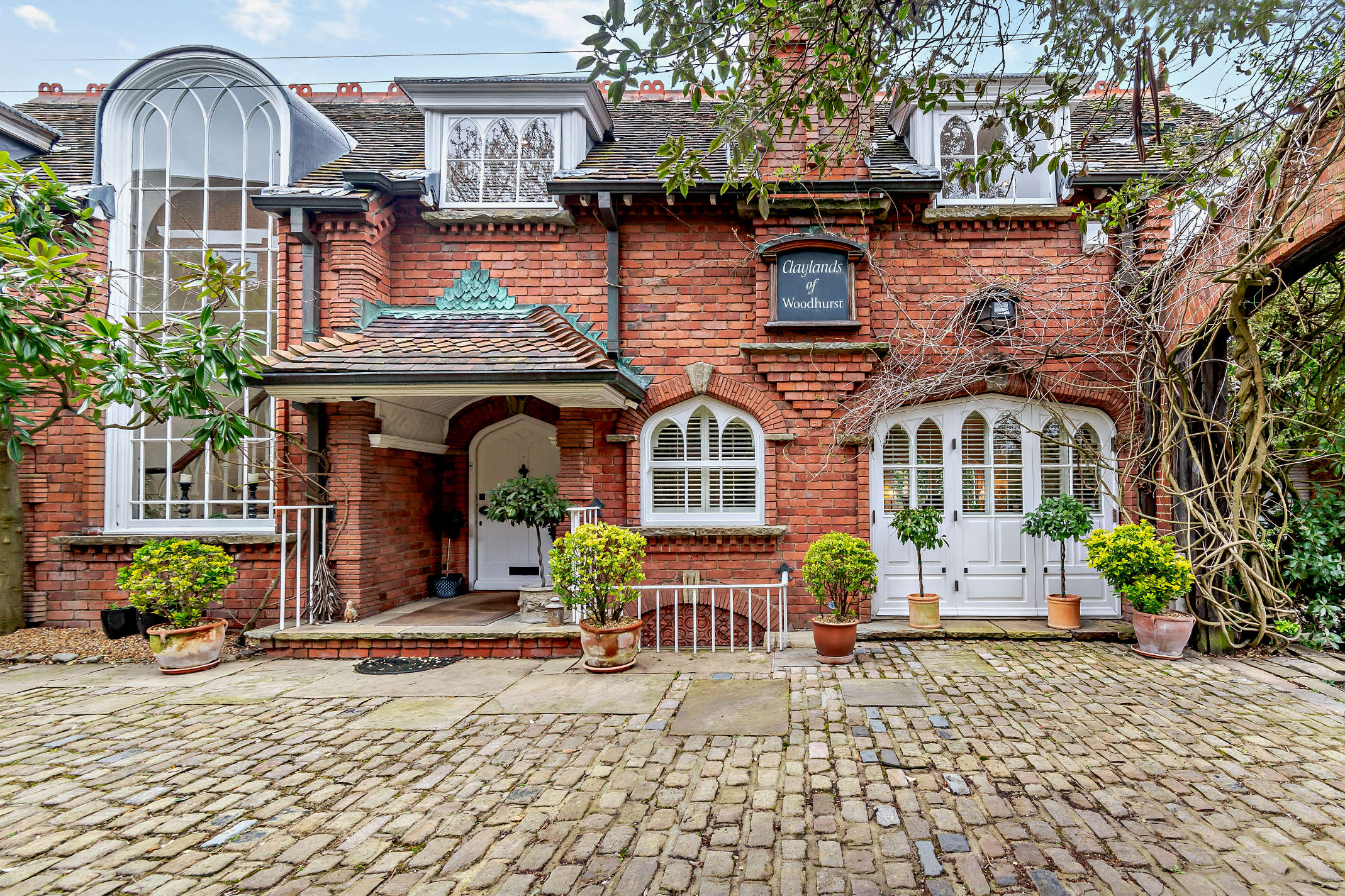 Property Talk: When is the right time to downsize?
Property Talk: When is the right time to downsize?Sometimes our homes can get too big for us, meaning it’s time to downsize. Here, we speak to those involved with the process.
By James Fisher Published
-
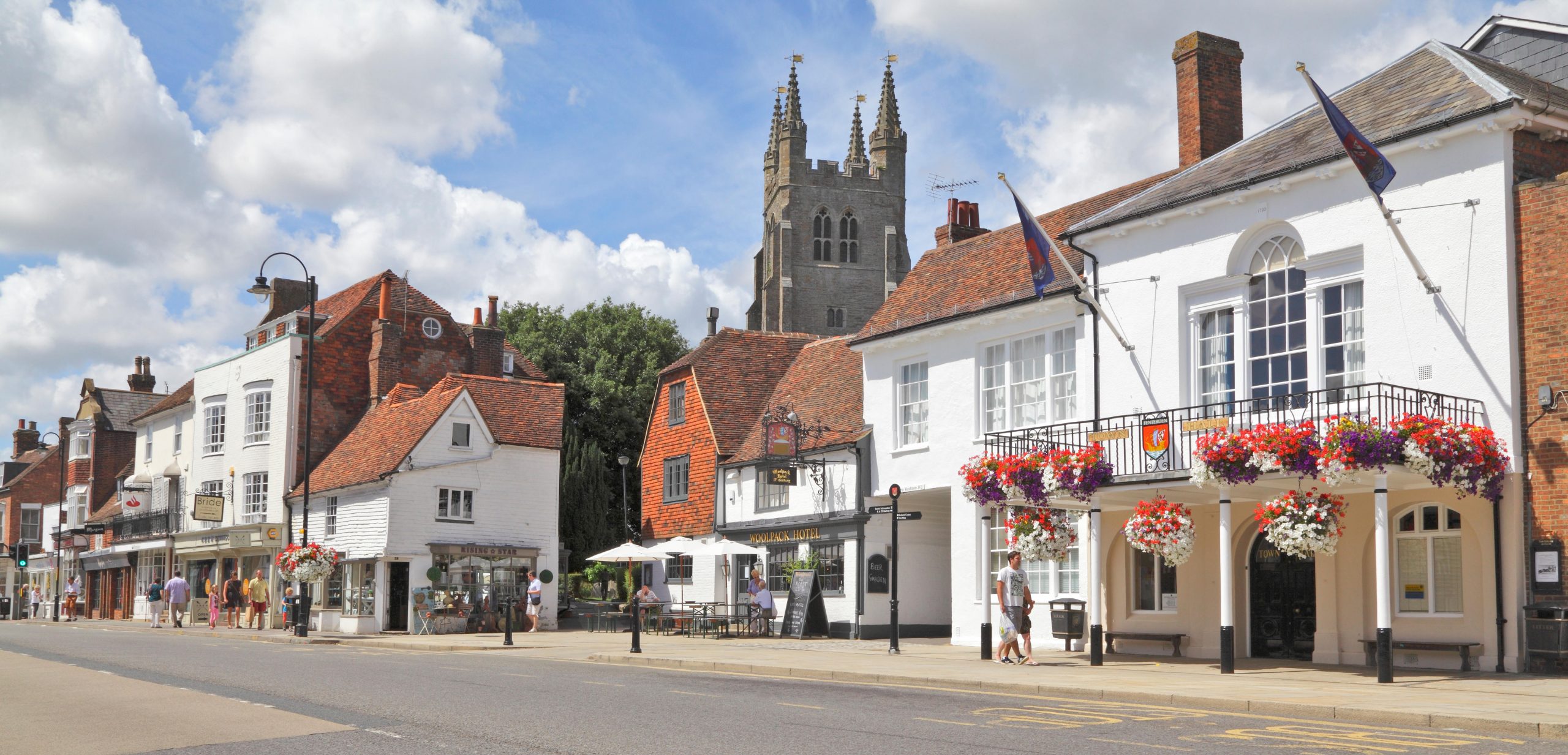 How to win in the property market: Tips from some of Britain's best buying agents
How to win in the property market: Tips from some of Britain's best buying agentsWhether looking for the perfect family home or negotiating on price, buying agents do the heavy lifting–and are well used to analysing the market. Carla Passino gets advice from a few of the best.
By Carla Passino Published
-
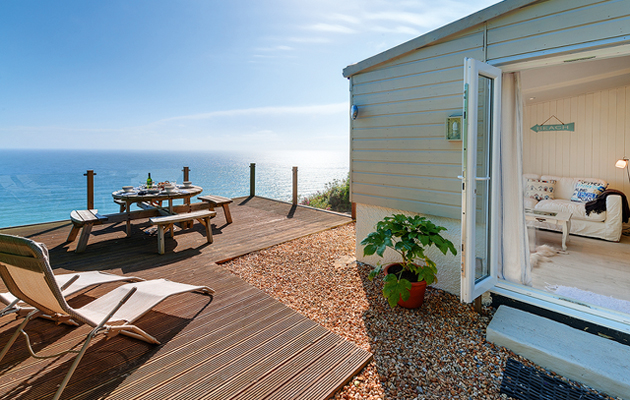 Top tips on renting your holiday home
Top tips on renting your holiday homeThe holiday-home market on the Cornish coast looks set for a lively summer. Arabella Youens finds out how to make the running costs bearable.
By Arabella Youens Published
-
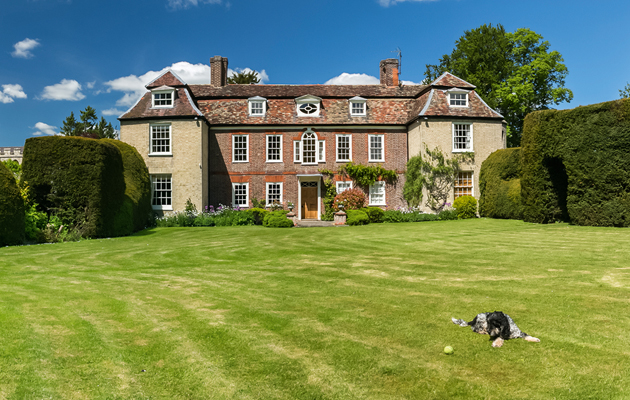 Tips and advice for holiday home owners
Tips and advice for holiday home ownersWith the start of the summer season nearly upon us, more and more country-house owners are dipping into the short-let scene.
By Country Life Published
-
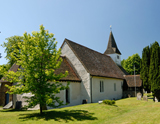 Property guide to Elstead
Property guide to ElsteadFreddie Mack shares the secrets of Elstead in Surrey, a prime spot for young families looking for properties outside London near good schools
By Country Life Published
-
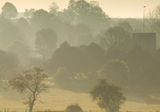 Property guide to Cheriton
Property guide to CheritonIf you're considering buying property in or around Cheriton this year, take a look at our property guide which covers where to buy, what prices to expect and where to have fun in the area
By Country Life Published
-
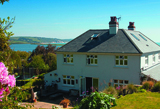 Make your holiday let work for you
Make your holiday let work for youIf you're considering renting out your holiday property prepare by reading this first
By Country Life Published
